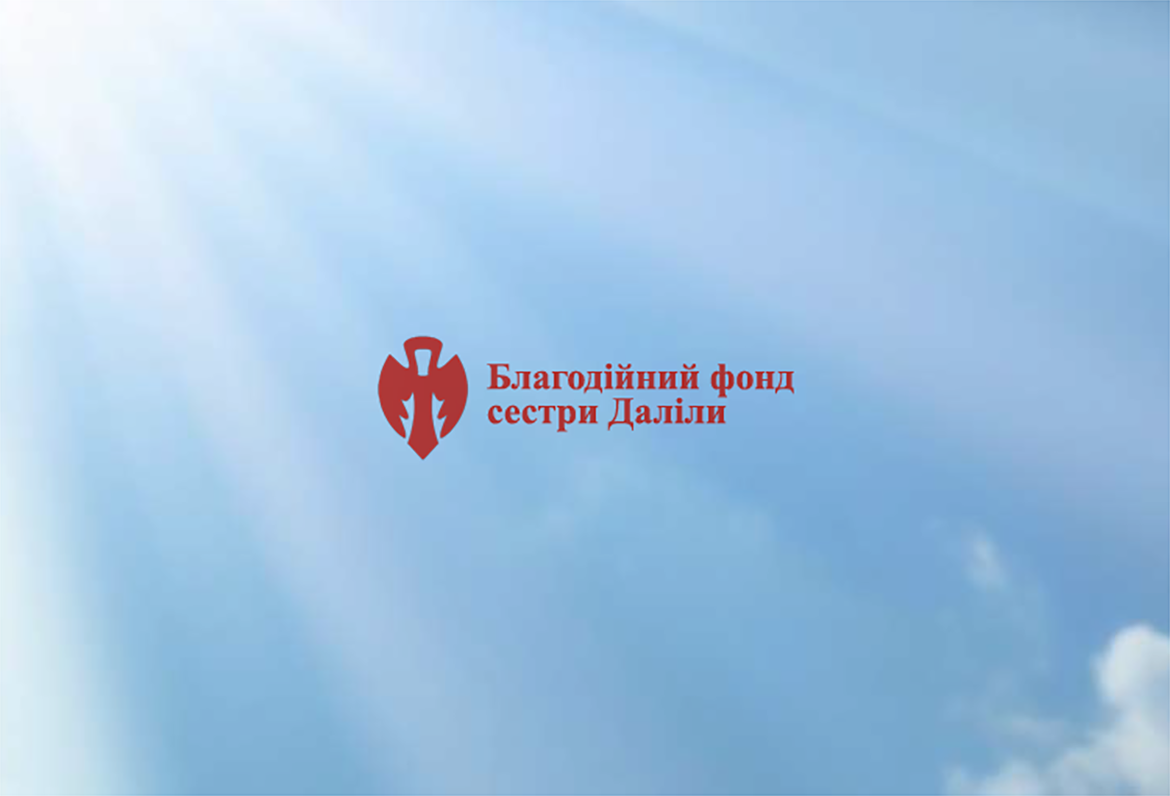February 25, 2016 – the second and final day of the Symposium «Multi-stakeholder Symposium on Improving Patient Access to Rare Disease Therapies» 27/02/2016

February 25, 2016 the second and final day of the Symposium «Multi-stakeholder Symposium on Improving Patient Access to Rare Disease Therapies» ( «The symposium of stakeholders to improve access of patients with rare diseases to therapy”), organized by EURORDIS (the European Alliance of Rare disease), was held in a warm, friendly atmosphere of dialogue and exchange of experience between the parties regarding access of patients with rare diseases to therapy.
The organizers of the Symposium created the conditions, under which each participant as patient, official or representative of a pharmaceutical company participated directly in the process of evaluating the medicines pricing, and determining the conditions of state compensation for the medicines. Each participant, namely, representatives of patient organizations and representatives of the pharmaceutical business, medical representatives, academics and representatives of the European Parliament for some time put themself in position, opposite to that, which they have for life. Thus, representatives of the pharmaceutical business and representatives of the European Parliament put themself in patient’s position and evaluated pricing procedure from the patient’s point of view, his family or patient organizations. At the same time representatives of patient organizations took the place of the State and defined the state compensation for the medicines cost.
A key thesis of the day is “Life, liberty and health can not be put on the level of the price.”
As representatives of patient organizations we got the chance to took the place of state and choose among the 4 rare diseases only two, the treatment cost of which would be completely compensated by the state. We chose two diseases, which need so expensive treatment, that patient can’t pay it by himself. This decision was aimed at providing therapy access to patients with rare disease, improving their life quality, eliminating the threat of death, which is inevitable without treatment.
We also took part in the session meeting with simulation exercises of pricing, discounts on medicines in the rare diseases, program of medicines reimbursement, putting on scales the issue of reimbursement for treatment of rare disease in general, or only one that has a complex course. Our session was moderated by Laura Gutierrez, Celgene, Belgium, who has been working in Medicines agency for 20 years.
All participants of the session proposed to create a pan-European register of prices for medicines, that would be revised every two years in order of assessment of the medicines availability to patients in the EU, as until now the price of the same medicine can vary in the EU not in favour of patients, limiting their access to treatment.
Throughout the Symposium, key idea for all participants was to unify all stakeholders: representatives of patient organizations, representatives of the pharmaceutical business, medical representatives, scientists and representatives of the European Parliament in order to develop a common approach in formation available for patient prices for medicines, provide discounts with increasing prices and create quality dialogue at all levels.
We got the chance to talk with representatives of patient organizations and patients, directly discuss the level of access to diagnosis and treatment in their countries and exchange the experience.
We thank EURORDIS (the European Alliance of Rare Diseases) for the opportunity to participate in a two day symposium «Multi-stakeholder Symposium on Improving Patient Access to Rare Disease Therapies» on 24-25 of February, 2016 in Brussels, Belgium. We are sure, that we will apply received experience here in Ukraine, for the sake of patients with pulmonary hypertension and improvement of their access to treatment.



